How Mark O’Meara's Life Changed In The Space Of 3 Months In 1998
Fergus Bisset explains how in the space of three months in 1998, 41-year-old Mark O’Meara transformed his career from one of a solid touring professional to that of a future Hall of Famer
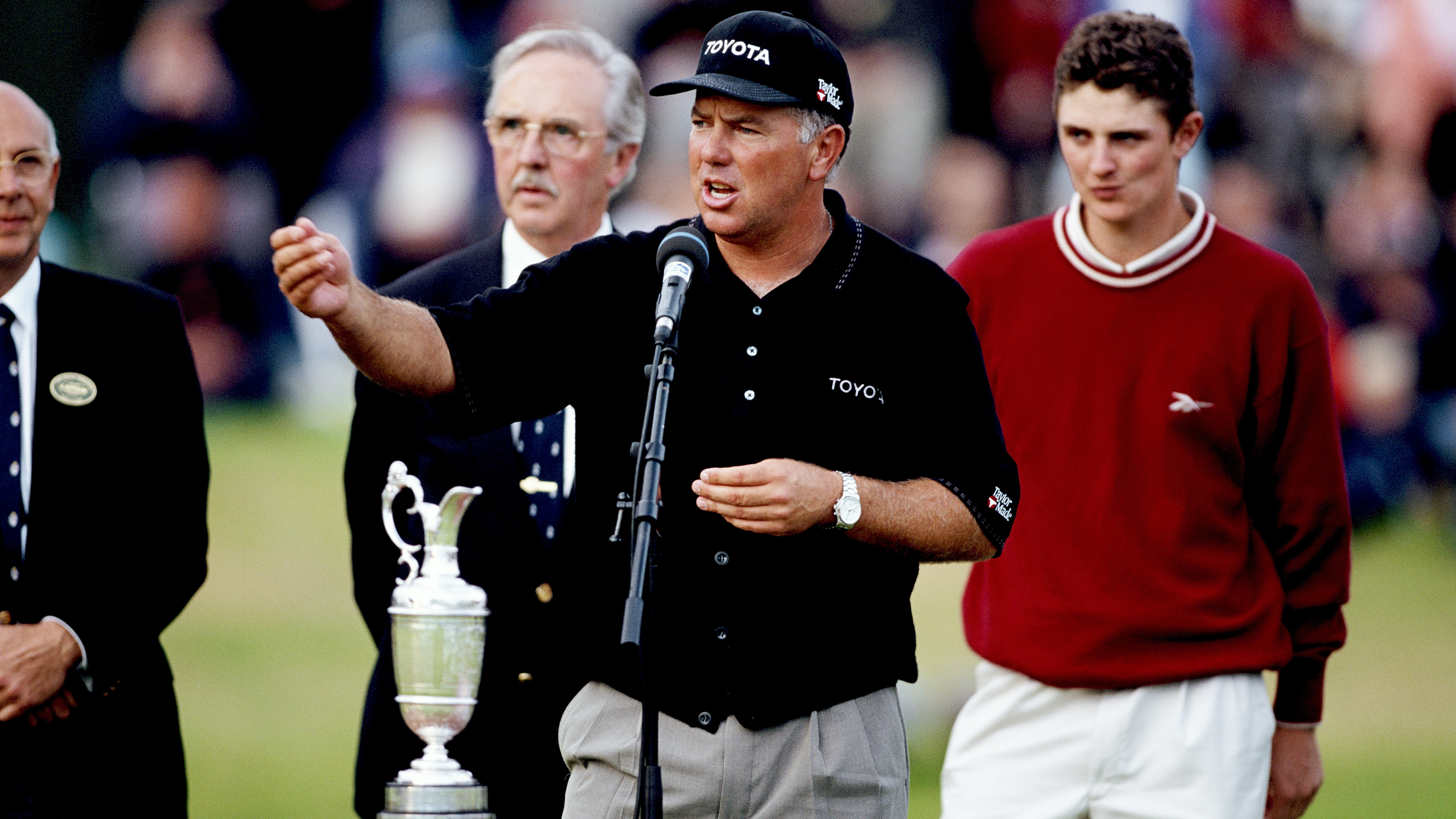

Having just turned 40, 1997 was a good year for Mark O’Meara. He won the Pebble Beach Pro-Am and the Buick Invitational in consecutive weeks on the PGA Tour, recorded four further top-ten finishes, won the European Tour’s Trophée Lancome and made the US Ryder Cup team for a fourth time. He finished the season ranked number 10 in the world.
O’Meara was an experienced campaigner, an extremely consistent performer, but it would be fair to say he wasn’t regarded as a superstar of the game as 1997 became 1998.
On the eve of the 1998 Masters, few experts were touting O’Meara as a possible winner. Defending champion Tiger Woods was the most obvious candidate. He’d won by 12 shots the previous year and had shown promising form in the first part of 1998, with two seconds and a third. Phil Mickelson, David Duval and Ernie Els had all won tournaments in the first three months of the year and talented young Englishman Lee Westwood triumphed in Louisiana the week before Augusta.
O’Meara, by contrast, had been struggling for form. He’d managed nothing better than a tie for 22nd since withdrawing at Pebble Beach in February. He was flying well under the radar, but that was a position he was comfortable with. When he went up against John Cook in the final of the 1979 US Amateur Championship, O’Meara was happy to play the underdog to the defending champion before wiping the floor with him 8&7. At Augusta in 1998, his skill for flying under the radar would come to the fore.
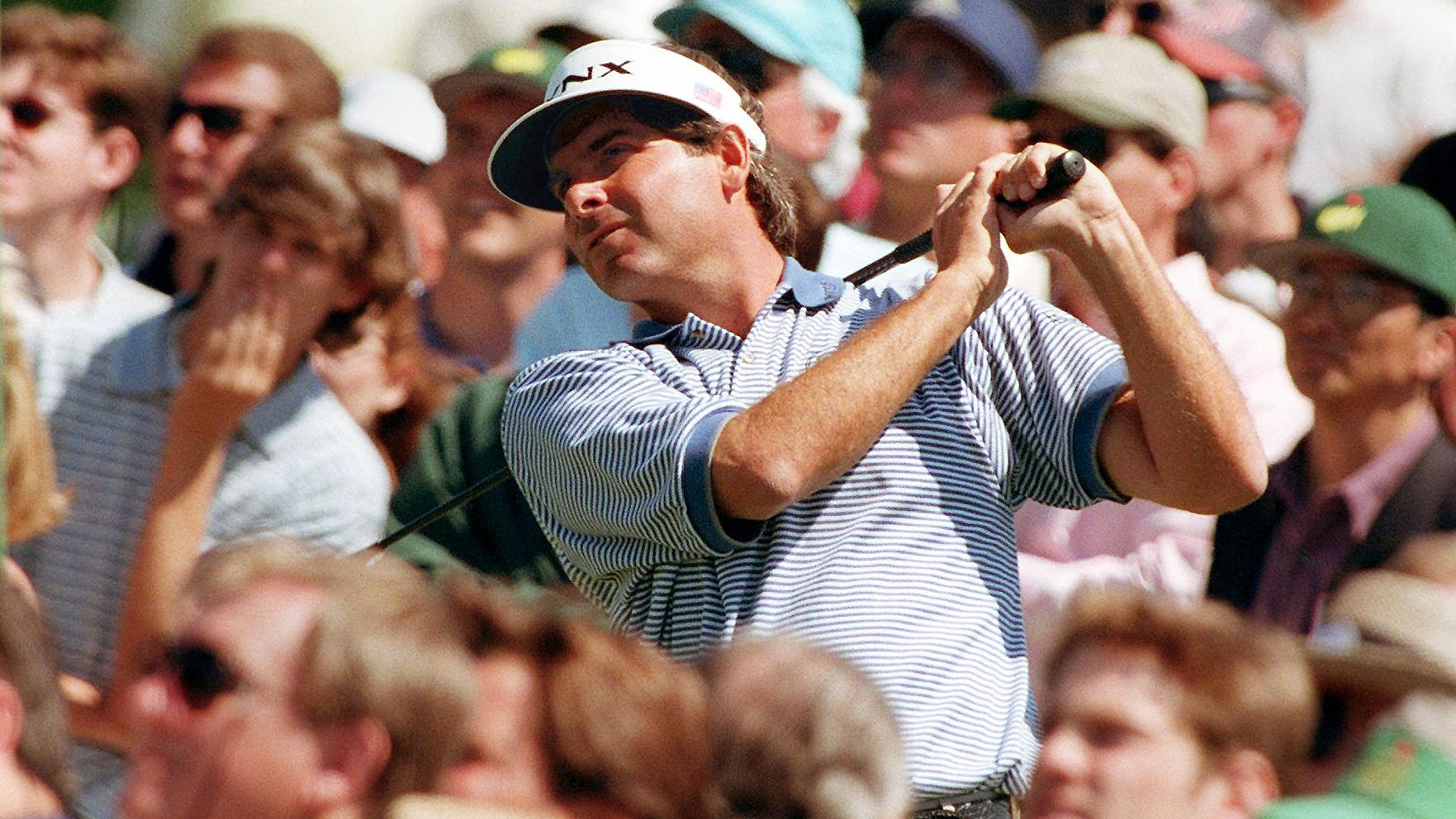
Fan favourite and 1992 Masters champion Fred Couples
The first round was played in strong, gusting winds and the tough conditions hampered scoring. The 1992 champion, Fred Couples, took to the front with an excellent 69. A favourite of the crowds, Couples was full of confidence and had clearly come to win.
“I’m playing like there’s no tomorrow,” he commented.
Another former champion, Jose Maria Olazabal, was one back after a 70 while Woods, Colin Montgomerie, Duval and Paul Azinger all fired 71s.
Get the Golf Monthly Newsletter
Subscribe to the Golf Monthly newsletter to stay up to date with all the latest tour news, equipment news, reviews, head-to-heads and buyer’s guides from our team of experienced experts.
O’Meara finished with a 74. It didn’t look great on paper but, only five off the lead, it was certainly no disaster.
Other first rounds worth noting included that of 1967 Masters winner Gay Brewer; the 66-year-old fired a level-par 72, as did 19-year-old amateur Matt Kuchar, who went on to finish tied for 21st.
Duval fired a second-round 68 to take a share of the lead with Couples on five-under-par with Scott Hoch, who famously missed a two-foot putt to win the 1989 Masters, two back on three under. Tiger, Phil, Olly, Zinger and Jay Haas were the only other men under par. Going along quietly and just sneaking onto the first page of the leaderboard, O’Meara improved with a 70 and finished 36 holes on level par.
Fred and Tiger were the big stories, though, and it was their names dominating newspaper columns at halfway.
O’Meara continued his steady and stress-free progress up the standings in round three. On ‘moving day’ he climbed into a share of second place with an excellent round of 68. With the wind easing, scoring was better on Saturday and a number of players posted good scores. Jim Furyk put himself in the mix with a 67 and Mickelson and Azinger both broke 70 as they joined O’Meara in a tie for second. Couples maintained his place at the top of the board with a workmanlike round of 71, but Duval stumbled with a disappointing 74. Double D was still in the hunt, though, only three shots off the pace. In fact, there were 12 players within five shots of the lead, including Woods, Monty and 58-year-old Jack Nicklaus, who carded an excellent third round of 70 to the delight of the Augusta National patrons.
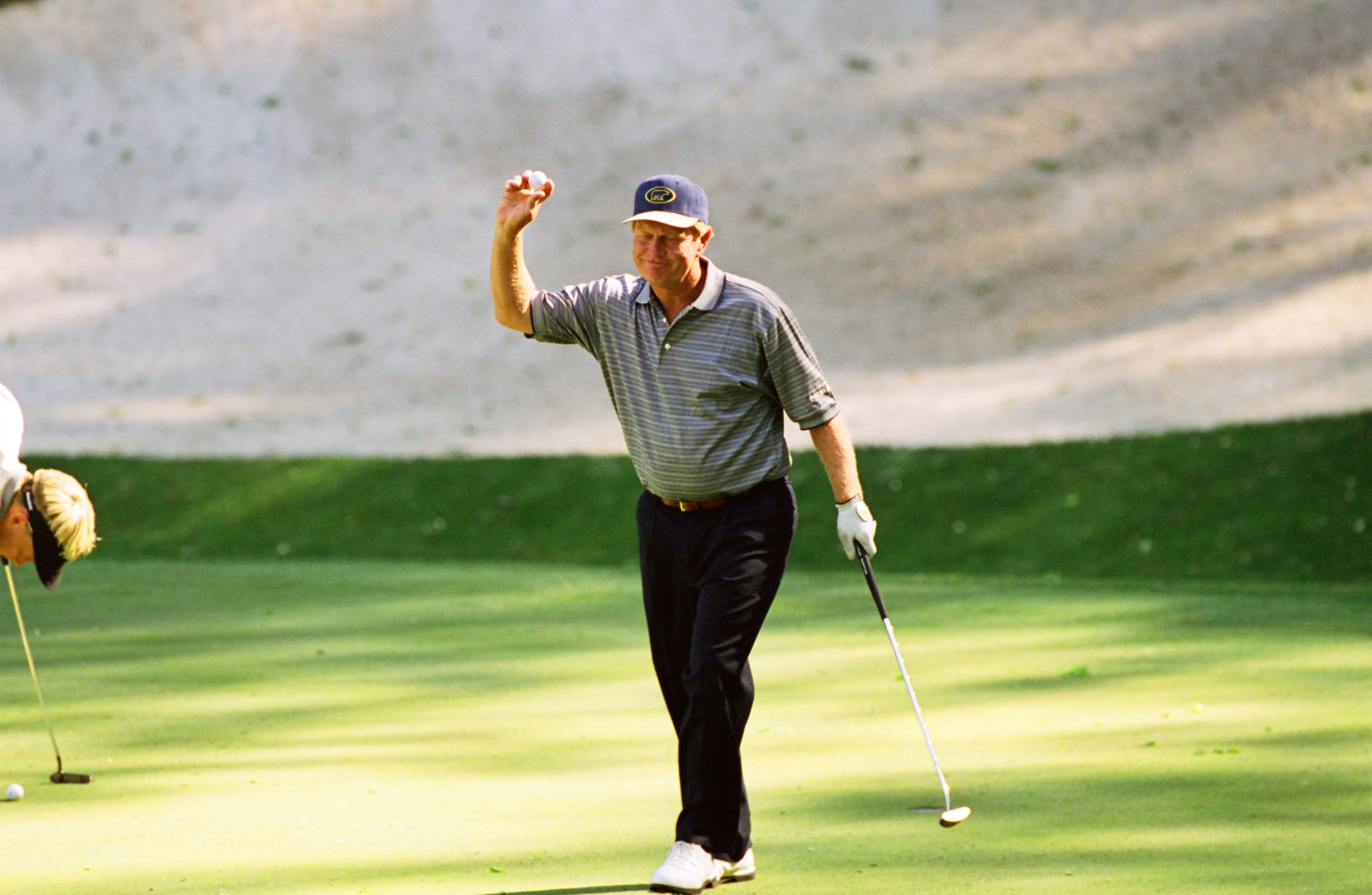
58-year-old Jack Nicklaus delighted the Augusta patrons
The final round promised to be a cracker but, still, O’Meara’s name was largely absent from tournament reports. The focus was on the super cool and confident Couples (who had been heaping the pressure on himself by talking of victory), Azinger (who had recovered from cancer just a few years earlier), Woods (who made it clear after round three that he could still win) and Nicklaus – could he pull off the unthinkable and win his 19th Major at the age of 58?
Early on Sunday it seemed he might just have a chance. The Golden Bear had the galleries at fever pitch early in his round. With a birdie at the 7th, he reached four-under-par and was just two behind Couples and O’Meara, who had drawn level with his playing partner. Nicklaus went on to card an excellent 68 and finish the tournament in a tie for sixth. It was his (astonishing) 73rd, and final, top-10 finish in a Major.
Next it was Duval’s turn to send cheers echoing through the Augusta pines. He made birdies at the 7th, 9th, 10th, 11th and 13th holes to reach eight-under-par. O’Meara had dropped a shot at the 10th and, when Couples made a double-bogey seven at the 13th, Duval was two shots clear on eight under. He would finish on that score.
But neither Couples nor O’Meara were done. Freddie struck back with an eagle at the 15th to reach eight under once again and O’Meara birdied the same hole to sit one back with three to play. Even then, at that incredibly late stage and so close to the top of the board, the veteran was being partially overlooked. It was between Duval and Fred, wasn’t it? O’Meara clearly felt otherwise. Walking up the 17th fairway he quietly said to his caddie Jerry Higginbotham, “two birdies and this tournament could be mine.”
By holing an eight-foot putt on the 17th green, part one of the mission was complete. With one to play, Couples and O’Meara were tied with Duval on eight under with one last chance to win outright. O’Meara put himself in the perfect position from the tee and fired a solid approach to within 20 feet of the pin. Freddie took a less textbook approach; his drive found sand and so did his second. He blasted out his third, leaving five feet for par.
O’Meara then stood over a putt to win The Masters and Couples could only watch. “I knew he was going to hit a good putt,” Couples said. “You always expect him to make it.”
O’Meara matched Fred’s expectations – he rolled the birdie putt home for a closing 67 and a one-stroke victory. It was the first time he had been alone at the top of the leaderboard all week.
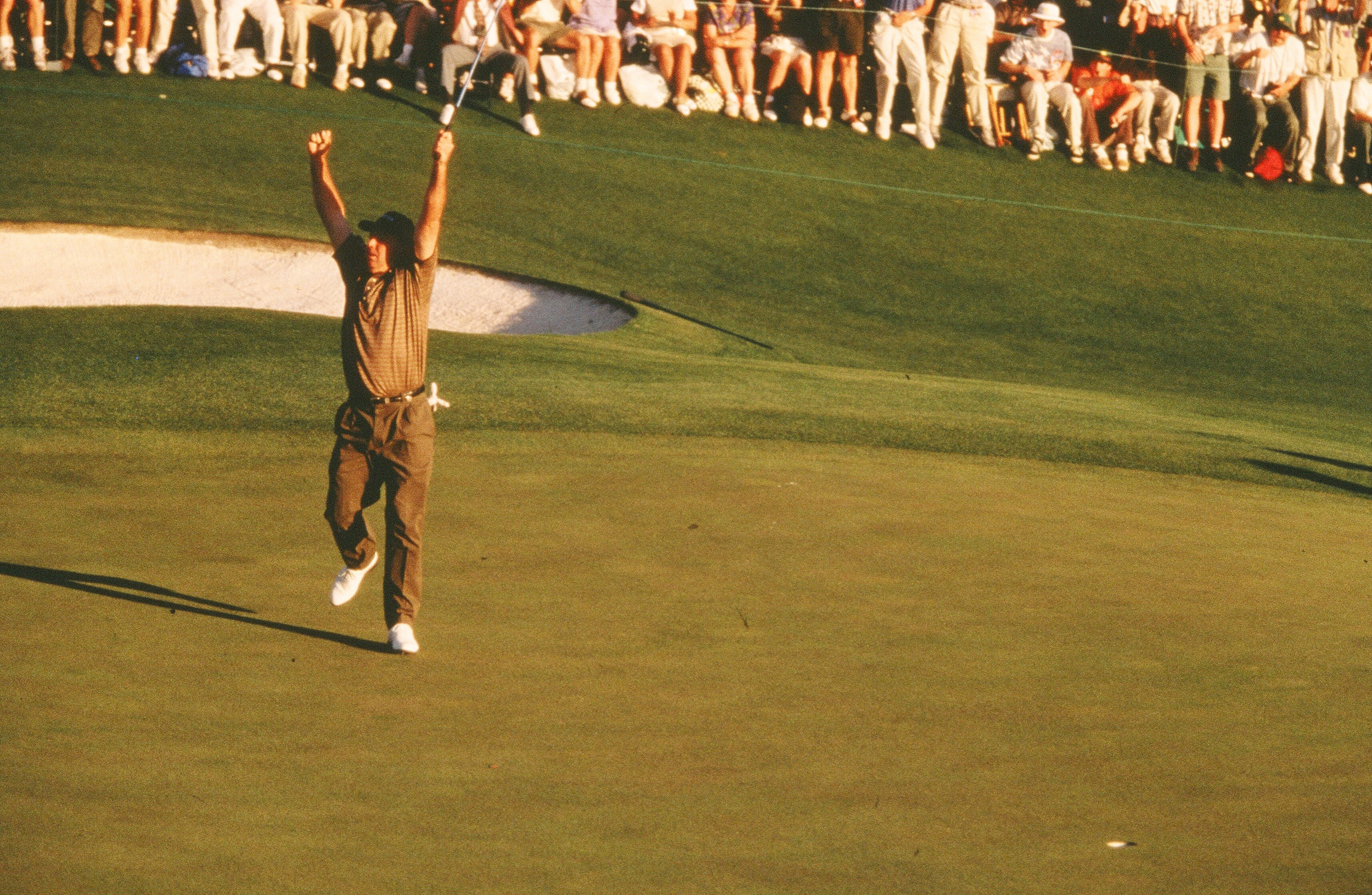
The putt on the 18th at Augusta 1998
O’Meara’s first Major victory was a demonstration of how to win a golf tournament, minimising pressure. He steadily made his way into contention, then waited to the death to strike the final blows. O’Meara birdied the 15th, 17th and 18th holes to sneak it by one and to become a Major champion for the first time at the age of 41. It wouldn’t be long before he had another to his name.
Between The Masters and The Open Championship, O’Meara had a couple of third-place finishes, one in the US and one in Europe. But despite his good form and recently acquired Green Jacket, the American wasn’t one of the more heavily backed runners at Royal Birkdale. In the five previous Opens, his best finish had been a tie for 33rd at Royal Lytham in 1996, although the savviest punters would have noted his tied third-place finish at Birkdale back in 1991. Most, though, felt O’Meara had enjoyed his day in the sun, his last hurrah. Once again, it was O’Meara’s close friend Tiger who was expected to triumph.
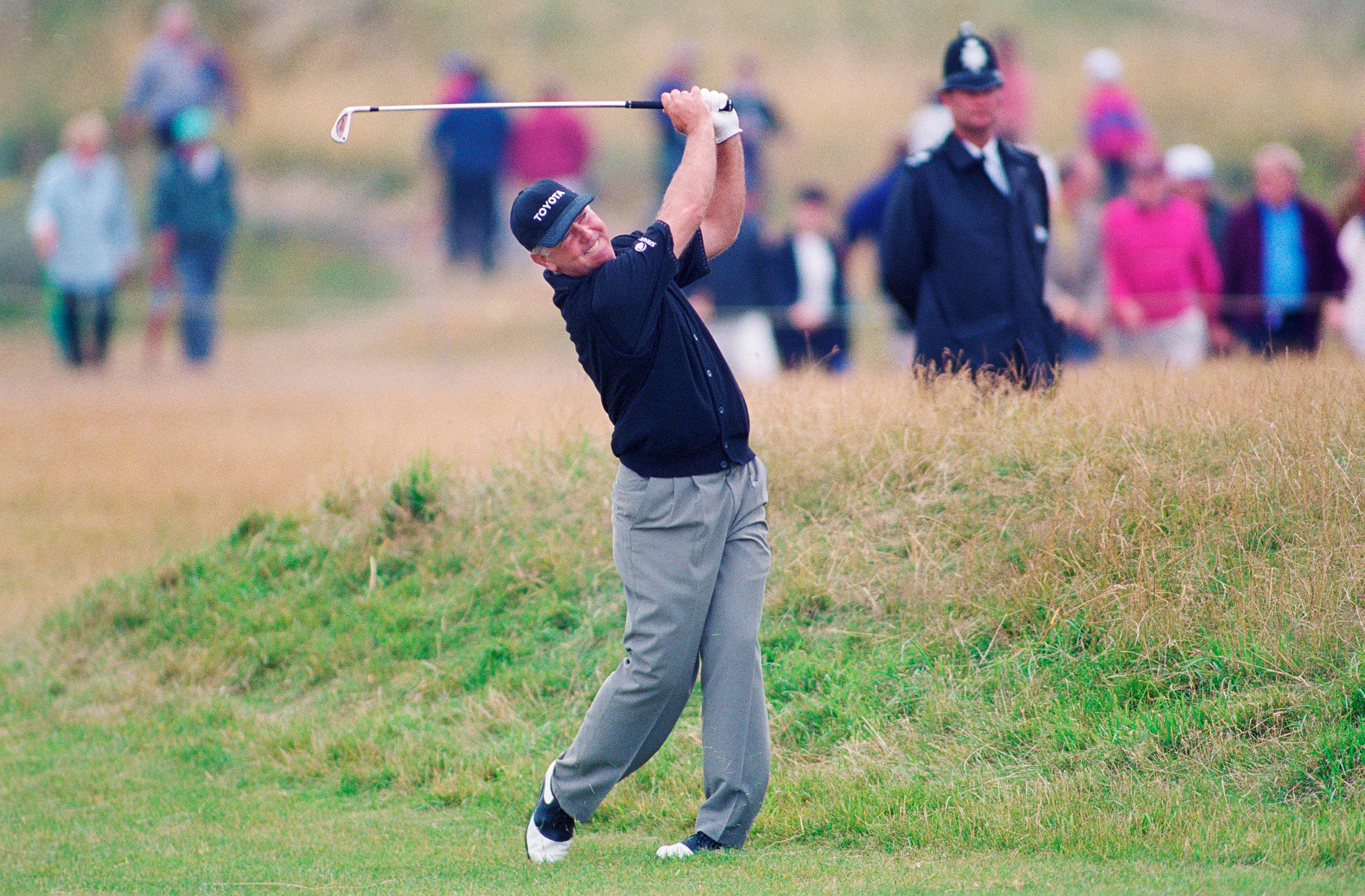
Mark O'Meara playing at Birkdale in 1998
Round one at Birkdale went according to the script. Woods fired a superb 65 to head the field, together with John Huston. There were solid rounds from Couples and Nick Price, who both shot 66. A total of 27 players broke par and O’Meara looked a non-contender after his two-over-par 72, seven shots back.
But, just like Augusta three months earlier, O’Meara was quite happy playing the underdog. He crept onto the leaderboard after 36 holes following a fine second-round 68. Tiger and the pack dropped back, as little-known American Brian Watts took to the front. The round of the day was by 17-year-old amateur Justin Rose, who carded a brilliant 66. He would go on to finish in a tie for fourth, miraculously holing a pitch to the 72nd green.
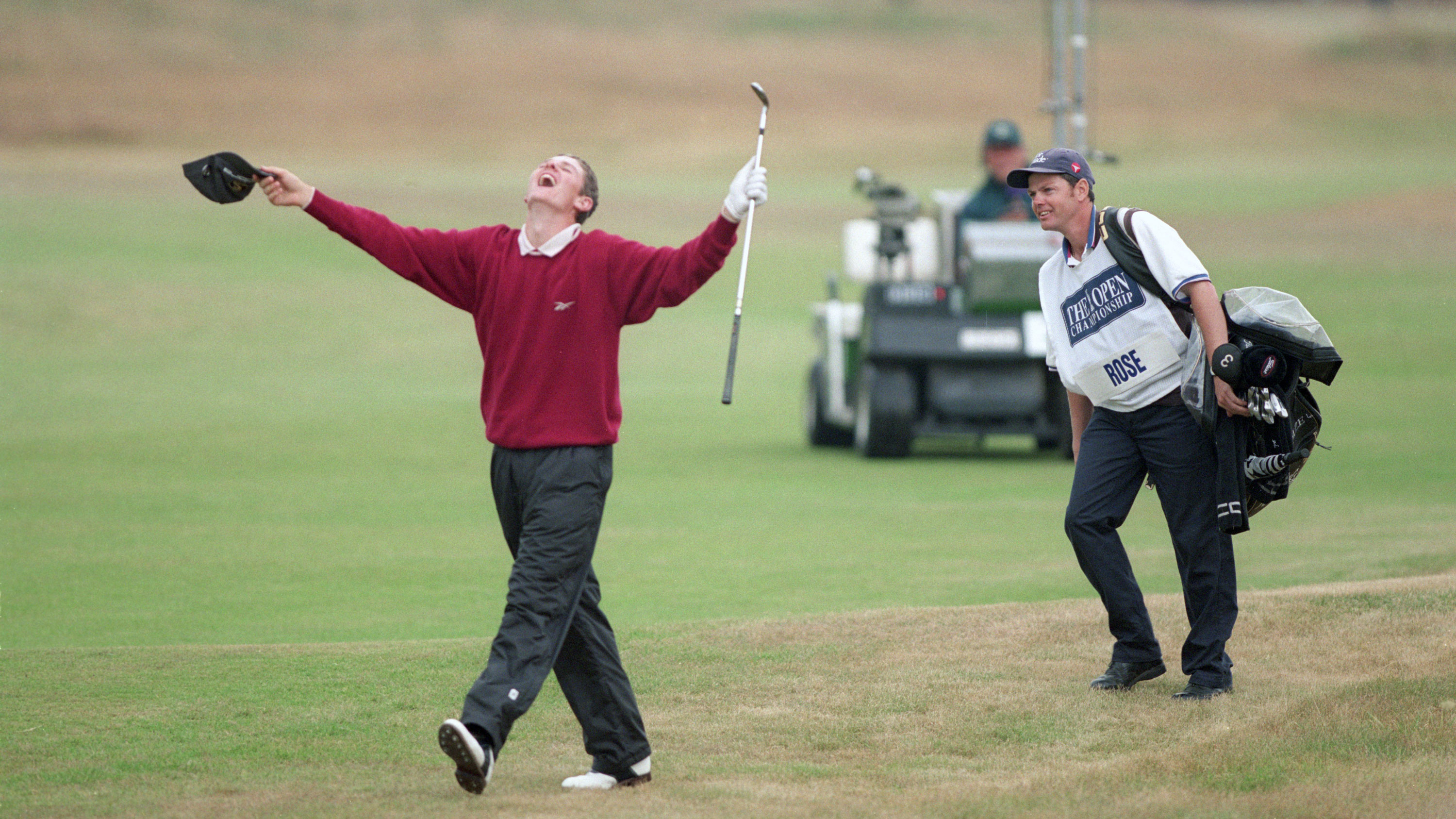
Rose holes out at Birkdale
Watts, who plied his trade mainly on the Japan Golf Tour, continued to lead through 54 holes. But again, as at Augusta, O’Meara had stealthily climbed into a tie for second place, just two shots behind.
The wind calmed for the final day and there was some excellent scoring. Woods made a charge with birdies at the 15th, 17th and 18th to post a clubhouse total of one-over-par. He would come up one stroke shy and be left to rue the mistakes of Friday and particularly Saturday, when he’d slumped to a 77.
O’Meara and Watts tied on level par through 72 holes, having carded fine rounds o 68 and 70, respectively. That meant The Open would be decided by a four-hole play-off.
On the first extra hole, O’Meara made a birdie four and Watts missed a short putt to match him. The younger man was unable to get back on terms and O’Meara coolly closed out the tournament. It was his second Major victory of the year and it secured his place in golfing history. He became the oldest player ever to win two Majors in one season, surpassing Nicklaus and Ben Hogan, who both achieved the feat at the age of 40.
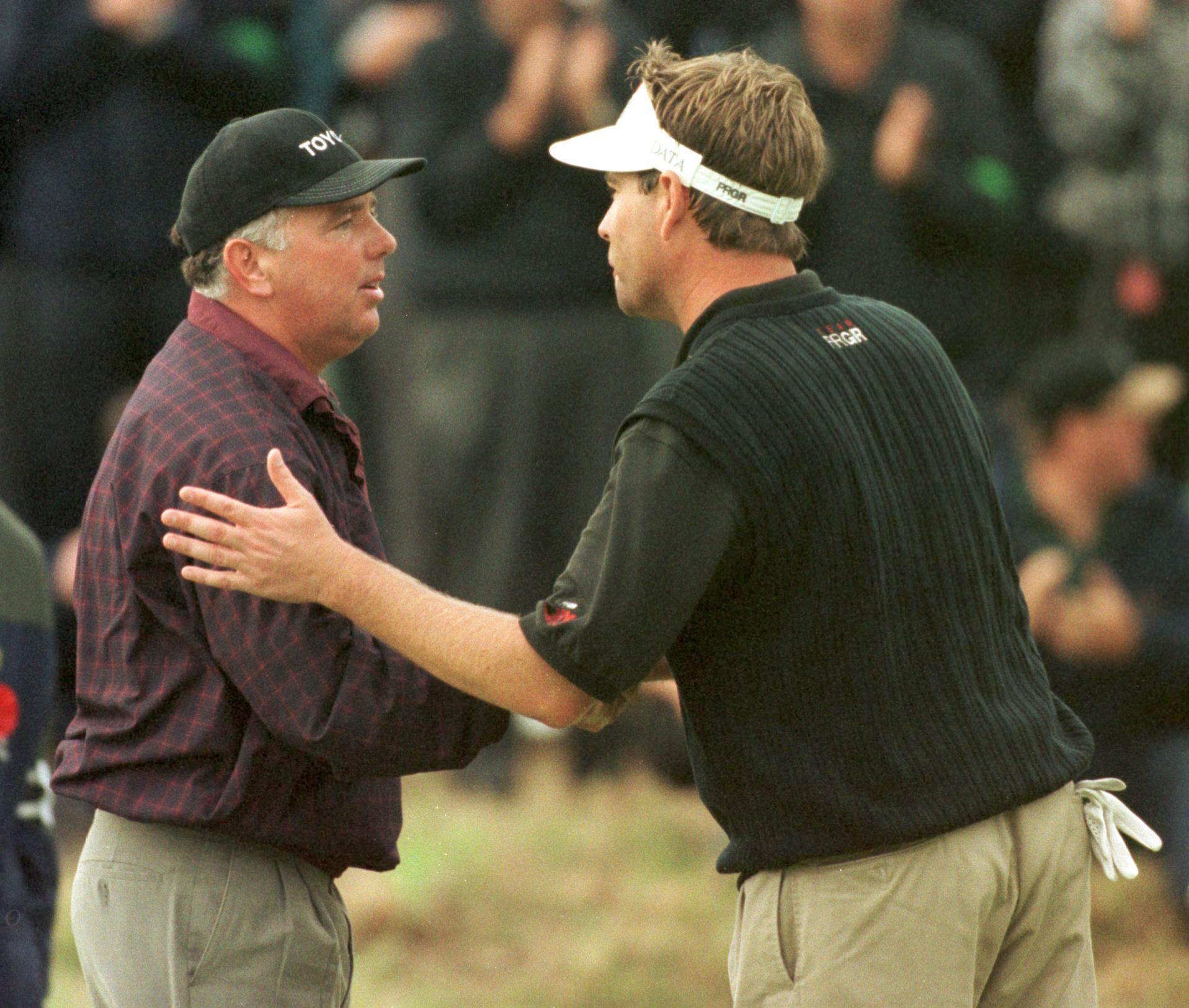
Mark O'Meara and Brian Watts shake hands
“If I could put my finger on it, I would have done it earlier,” O'Meara said.
O’Meara went on to challenge for the PGA Championship in August 1998, finishing tied for fourth, and he capped his annus mirabilis with victory in the Cisco World Match Play at Wentworth in the autumn. There, he beat Tiger 1up in the final, by which point the young phenomenon must have had quite enough of his old pal’s heroics. O’Meara played in one more Ryder Cup – the US victory at Brookline in 1999 – but he never won again on the PGA Tour following his Open triumph at Birkdale, and the top 10s steadily dwindled over the following seasons.
In 2015, O’Meara was inducted into the World Golf Hall of Fame. His inclusion in the pantheon of greats was in no small part down to what he achieved between April and July of 1998. The quiet, mild-mannered veteran dug deep to realise his true potential and produce a pair of career-defining performances 18 years into his professional journey. He may have been a late bloomer, but it was worth the wait.

Fergus is Golf Monthly's resident expert on the history of the game and has written extensively on that subject. He has also worked with Golf Monthly to produce a podcast series. Called 18 Majors: The Golf History Show it offers new and in-depth perspectives on some of the most important moments in golf's long history. You can find all the details about it here.
He is a golf obsessive and 1-handicapper. Growing up in the North East of Scotland, golf runs through his veins and his passion for the sport was bolstered during his time at St Andrews university studying history. He went on to earn a post graduate diploma from the London School of Journalism. Fergus has worked for Golf Monthly since 2004 and has written two books on the game; "Great Golf Debates" together with Jezz Ellwood of Golf Monthly and the history section of "The Ultimate Golf Book" together with Neil Tappin , also of Golf Monthly.
Fergus once shanked a ball from just over Granny Clark's Wynd on the 18th of the Old Course that struck the St Andrews Golf Club and rebounded into the Valley of Sin, from where he saved par. Who says there's no golfing god?
-
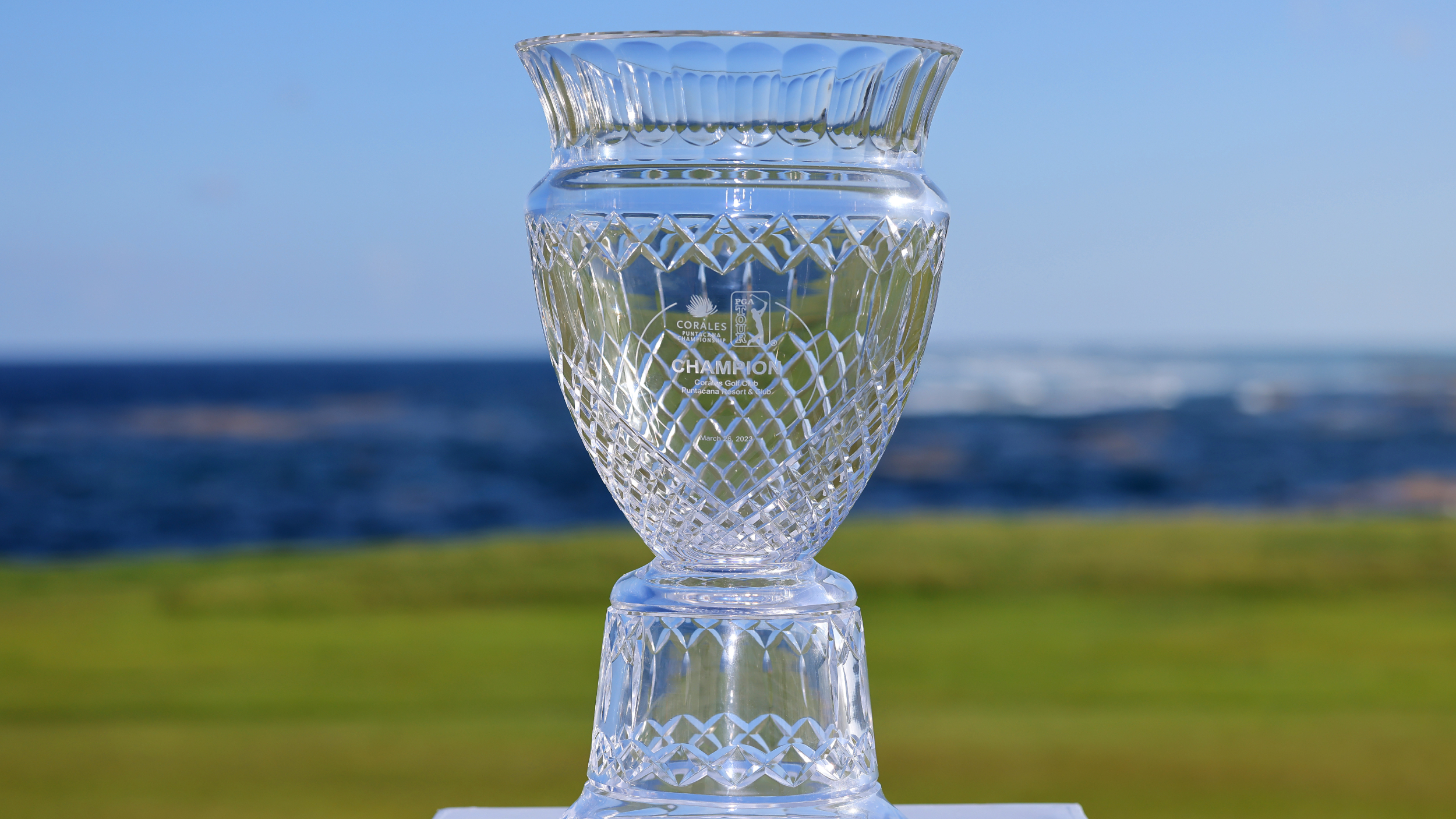 Corales Puntacana Championship Prize Money Payout 2025
Corales Puntacana Championship Prize Money Payout 2025The PGA Tour’s latest opposite field event features an attractive prize money payout and some former champions in the field
By Mike Hall Published
-
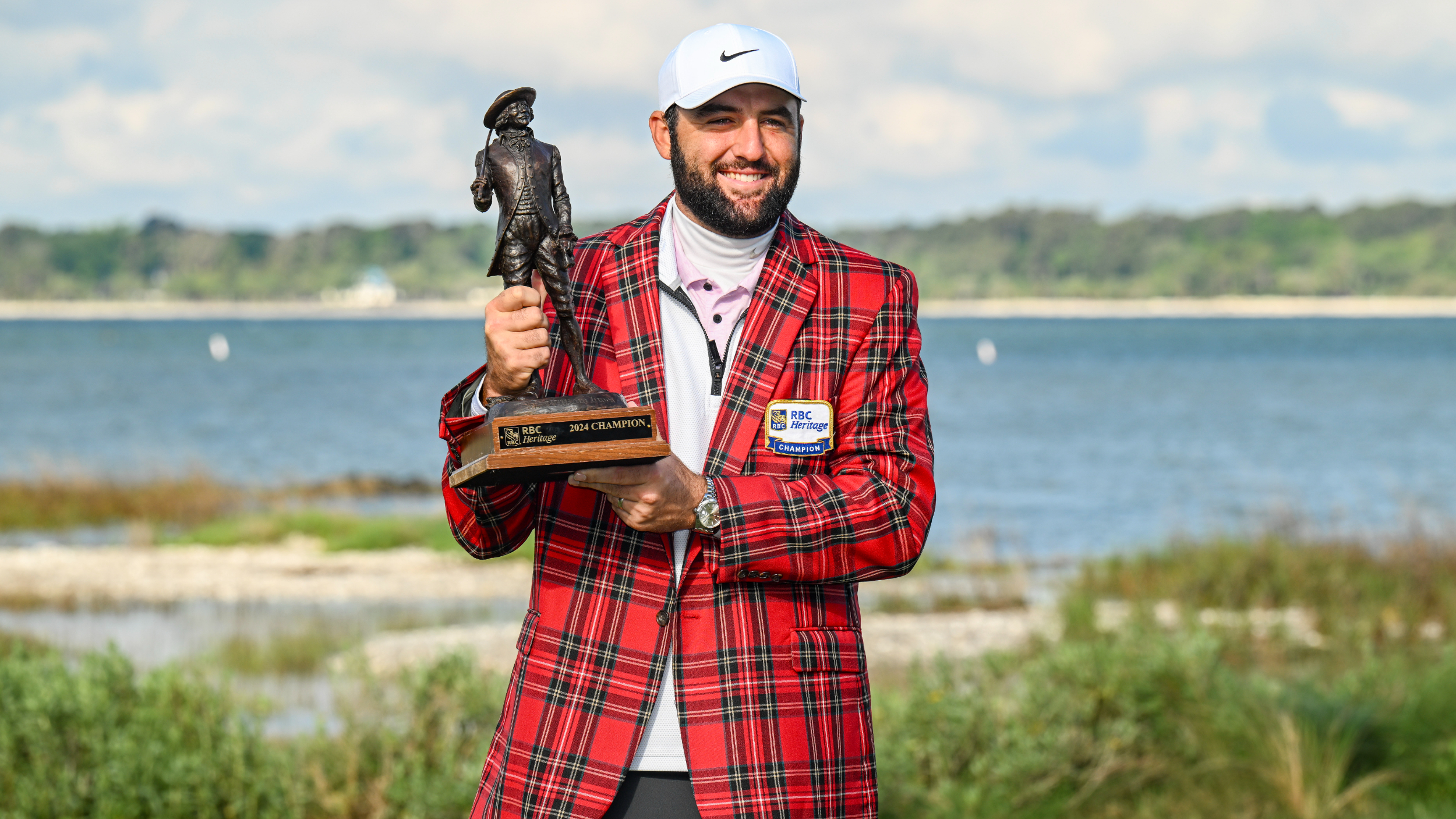 RBC Heritage Prize Money Payout 2025
RBC Heritage Prize Money Payout 2025Scottie Scheffler defends his title at Harbour Town in the latest of the PGA Tour’s signature events
By Mike Hall Published
-
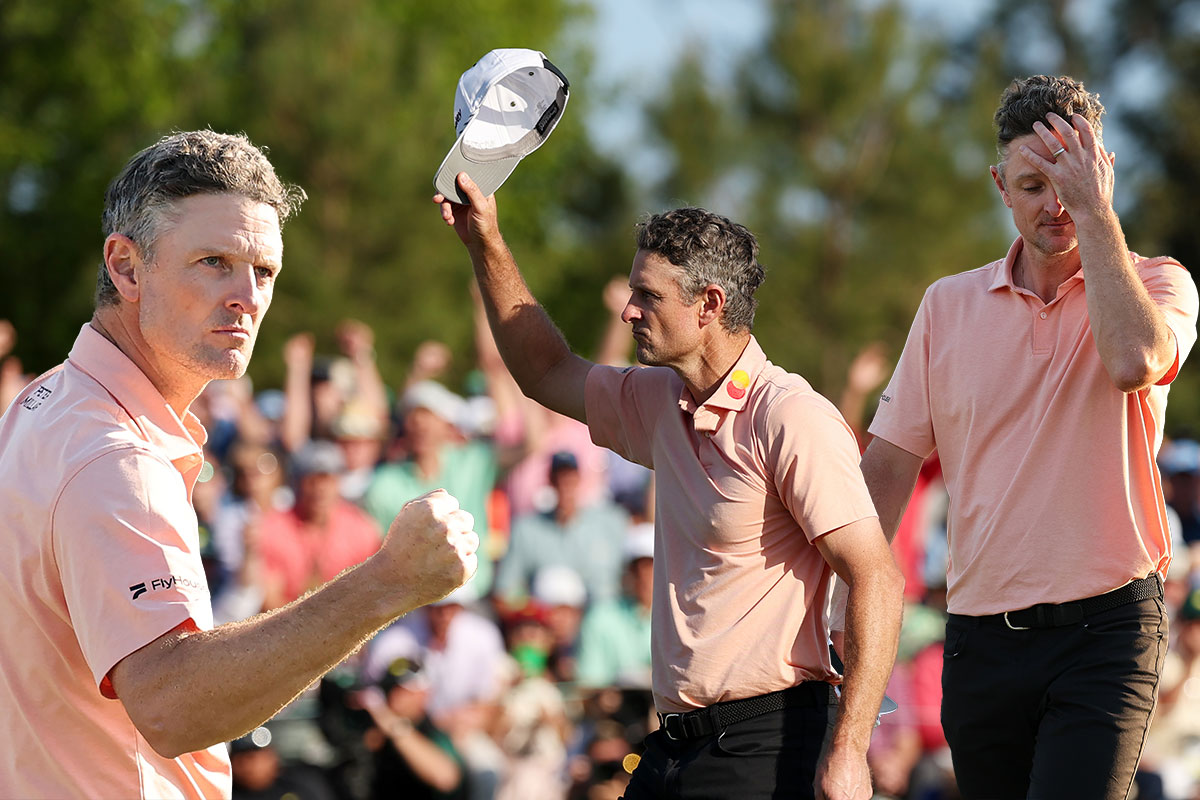 I'm Thrilled For Rory McIlroy But Gutted For Class Act Justin Rose... I'd Love Him To Win Another Major
I'm Thrilled For Rory McIlroy But Gutted For Class Act Justin Rose... I'd Love Him To Win Another MajorJustin Rose pushed Rory McIlroy all the way in The Masters, and while I am super impressed by the Career Grand Slam, part of me is hurting for the Englishman...
By Barry Plummer Published
-
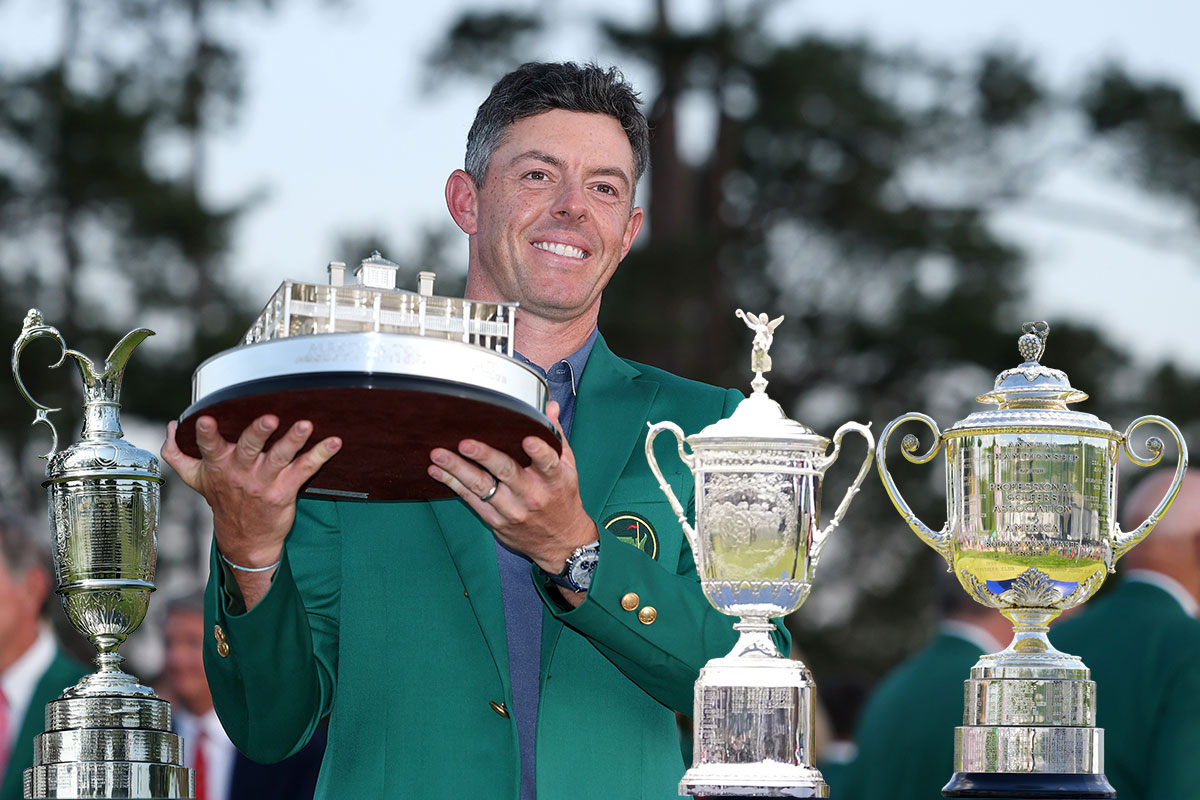 How Many Majors Will Masters Champion Rory McIlroy Win In His Career... And Which Is Next?
How Many Majors Will Masters Champion Rory McIlroy Win In His Career... And Which Is Next?Rory McIlroy completed the Career Grand Slam in dramatic fashion at The Masters, but how many Majors could he go on to win in his career (and which comes next)?
By Barry Plummer Published
-
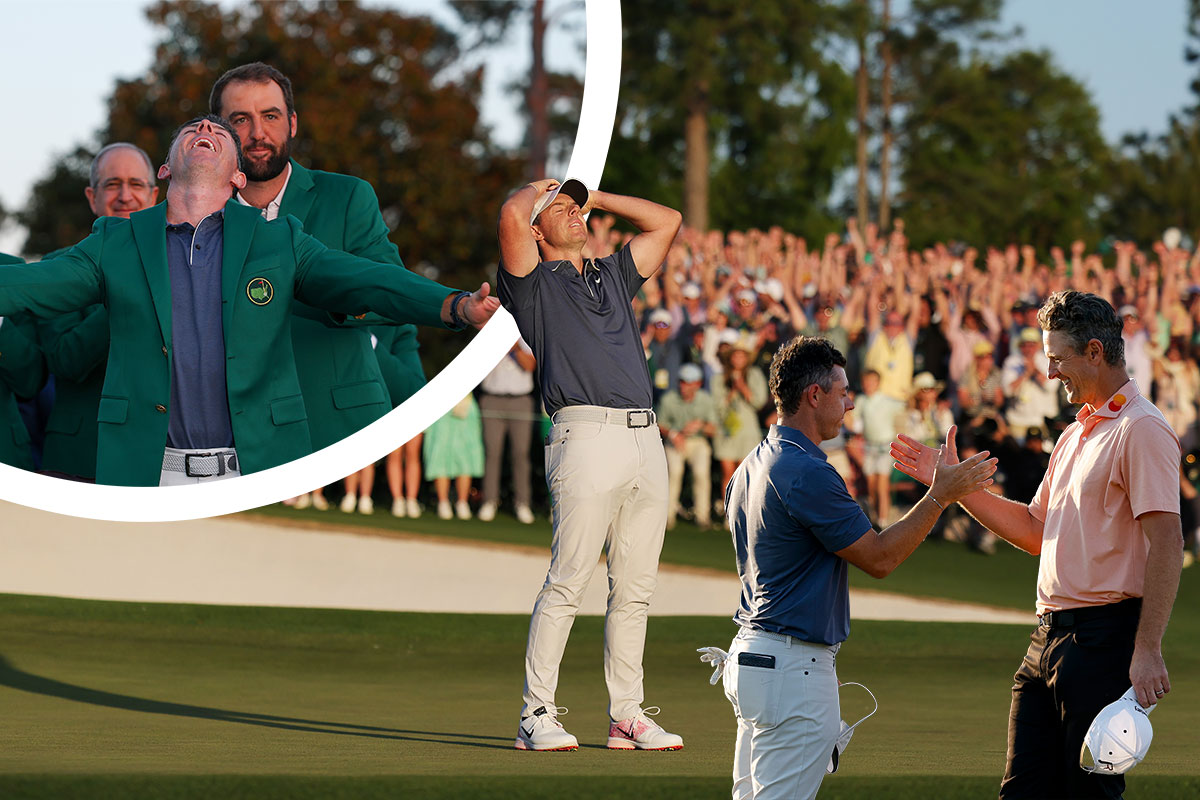 Was Rory McIlroy's Epic Masters Win The Greatest Major Of All Time?
Was Rory McIlroy's Epic Masters Win The Greatest Major Of All Time?Rory McIlroy winning The Masters and completing the Career Grand Slam was the perfect finish to an amazing tournament... but was it the most dramatic ever?
By Barry Plummer Published
-
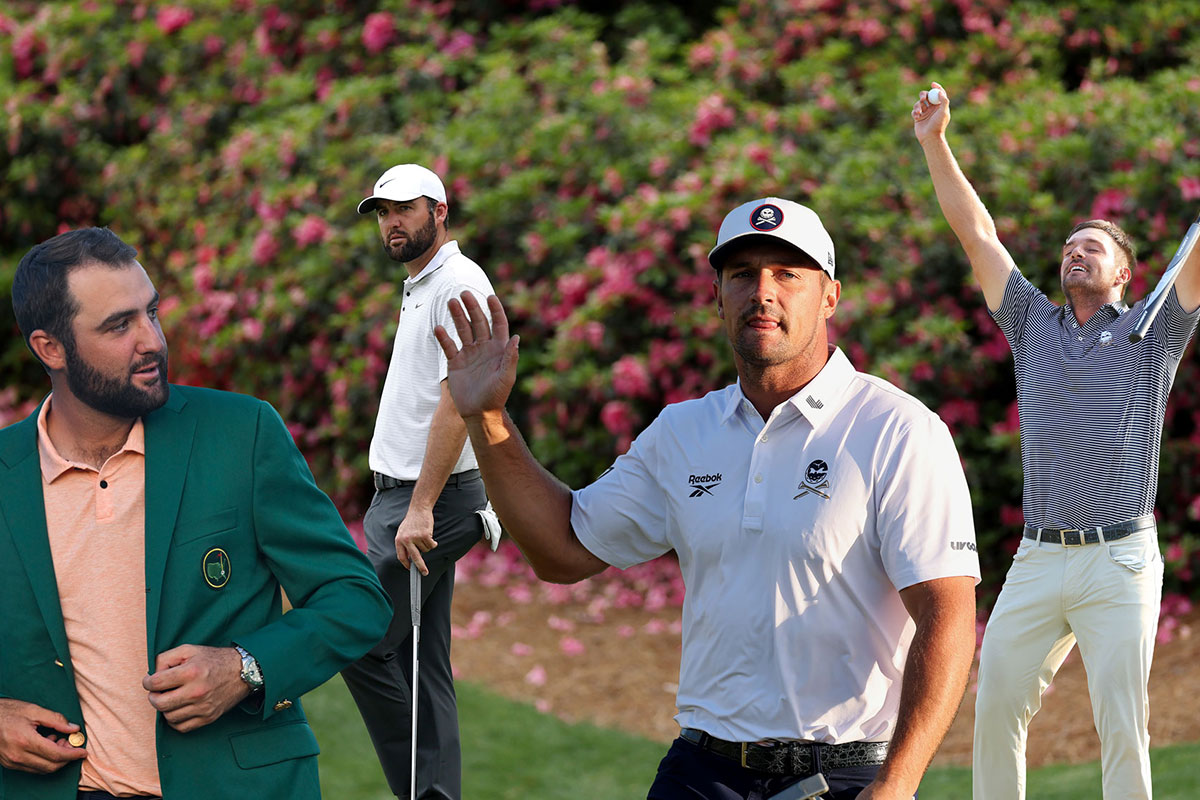 If Bryson DeChambeau Wins The Masters Today, Will He Eclipse Scottie Scheffler As Golf's Shining Star?
If Bryson DeChambeau Wins The Masters Today, Will He Eclipse Scottie Scheffler As Golf's Shining Star?Bryson DeChambeau heads into the final round at The Masters with a chance to win a third Major, which I believe would firmly cement him as golf's new poster boy
By Barry Plummer Published
-
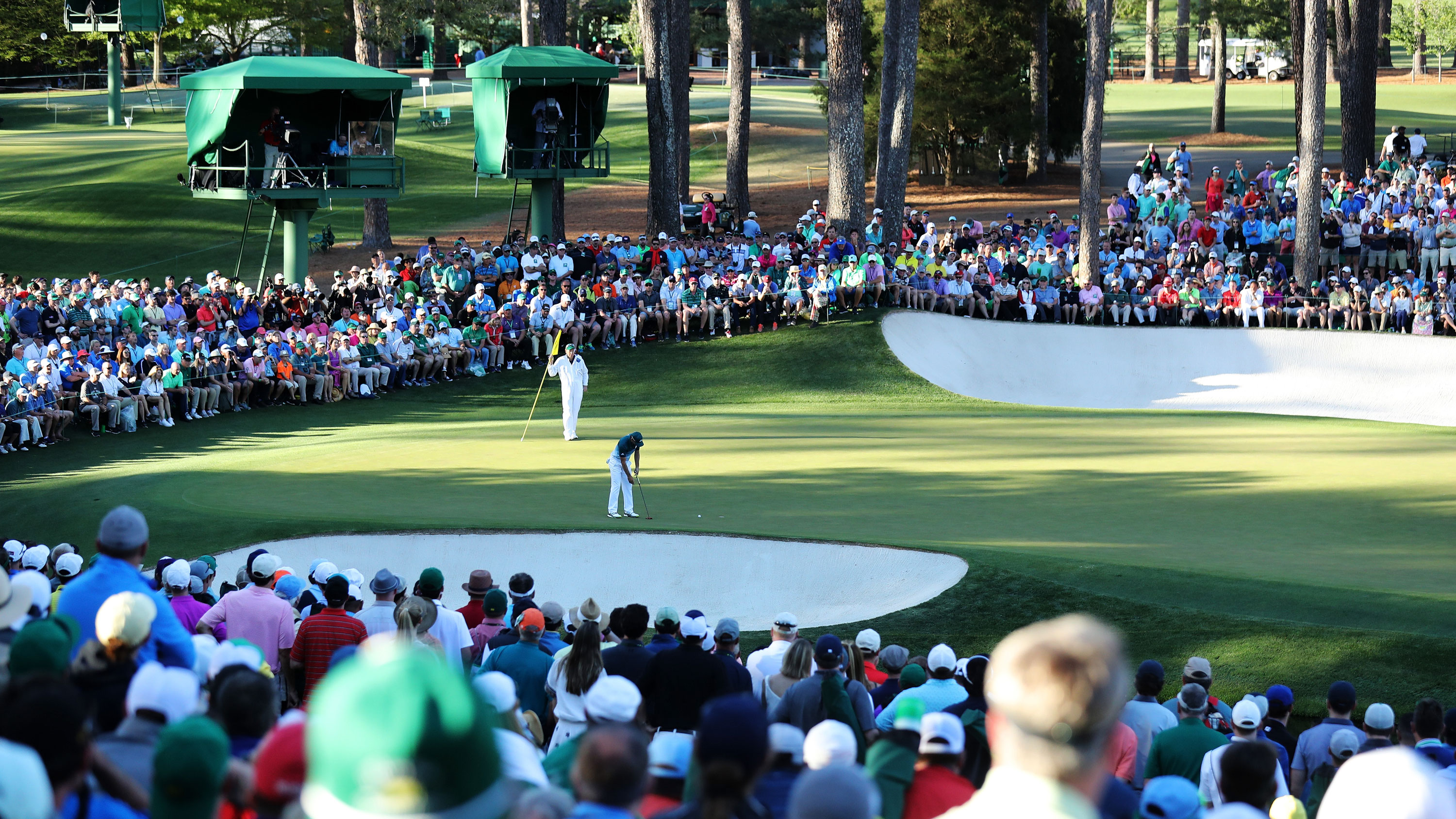 Dear Masters Tournament Committee: Please Change The Final-Round Pin Positions On 16 And 18
Dear Masters Tournament Committee: Please Change The Final-Round Pin Positions On 16 And 18The back nine at Augusta National on Masters Sunday is scintillating, but I’ve been campaigning for different pin positions on 16 and 18 for years...
By Nick Bonfield Published
-
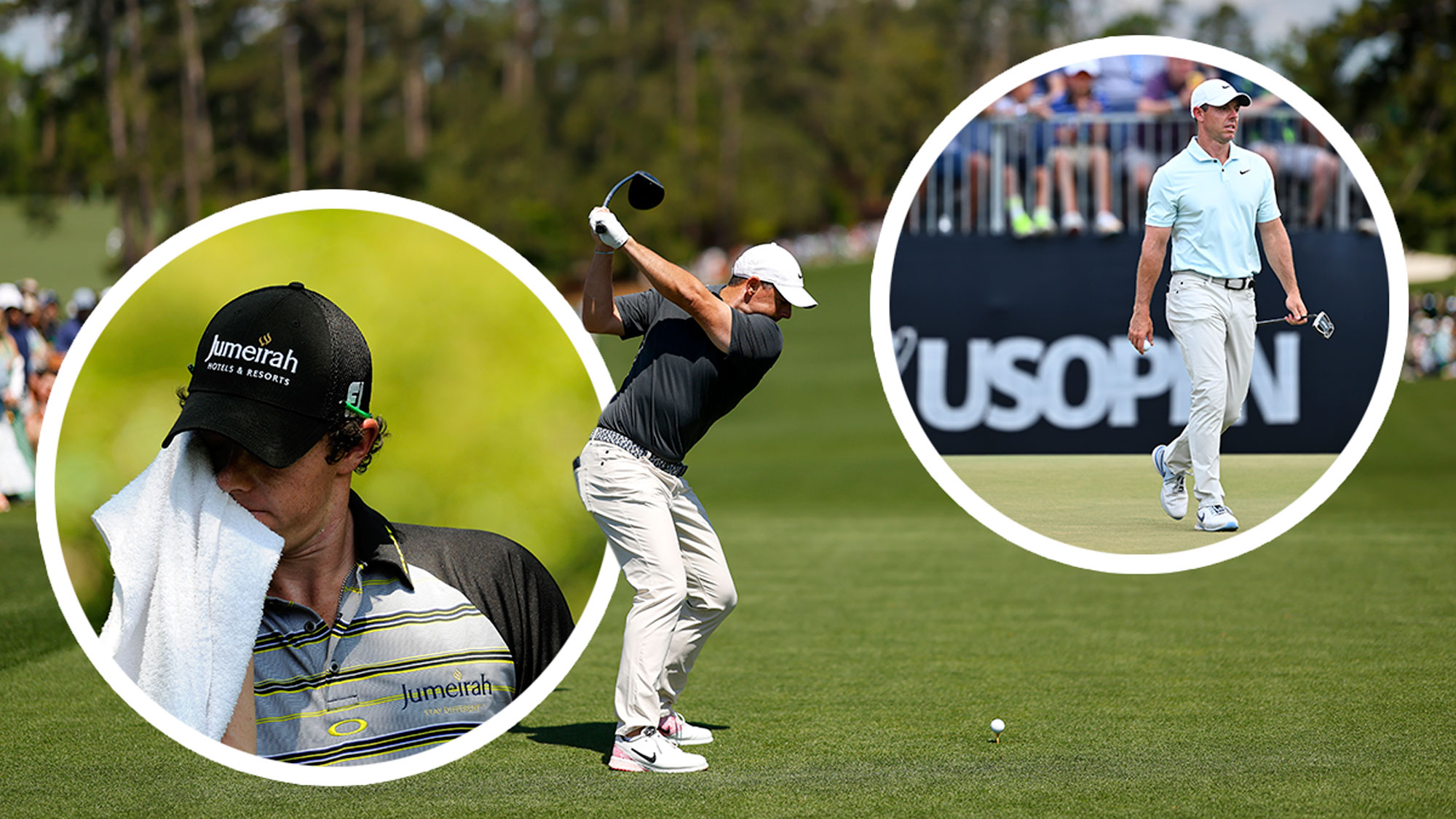 Would A Rory McIlroy Implosion At The Masters Be His Worst Defeat Ever?
Would A Rory McIlroy Implosion At The Masters Be His Worst Defeat Ever?Rory McIlroy stormed into the lead with a record breaking front nine on Saturday at Augusta National, but his turbulence in Major Championships makes me nervous
By Barry Plummer Published
-
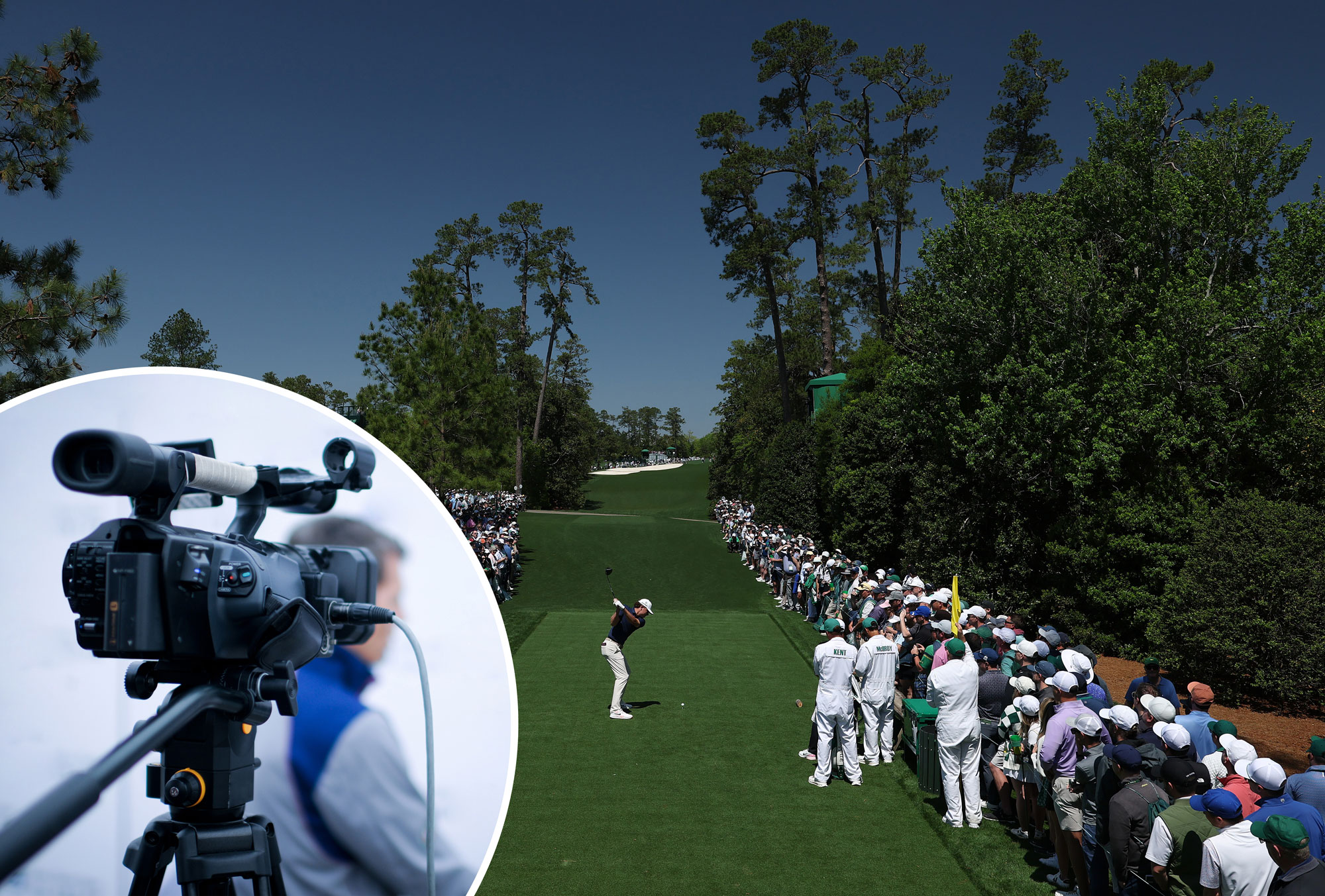 Does Television Commentary Improve The Masters Viewing Experience? I Can Name 5 Different Ways I'd Rather Immerse Myself In The Action
Does Television Commentary Improve The Masters Viewing Experience? I Can Name 5 Different Ways I'd Rather Immerse Myself In The ActionWatching The Masters on TV is an annual tradition for many golfers, but does the commentary improve the experience? I can think of five better alternatives...
By Barry Plummer Published
-
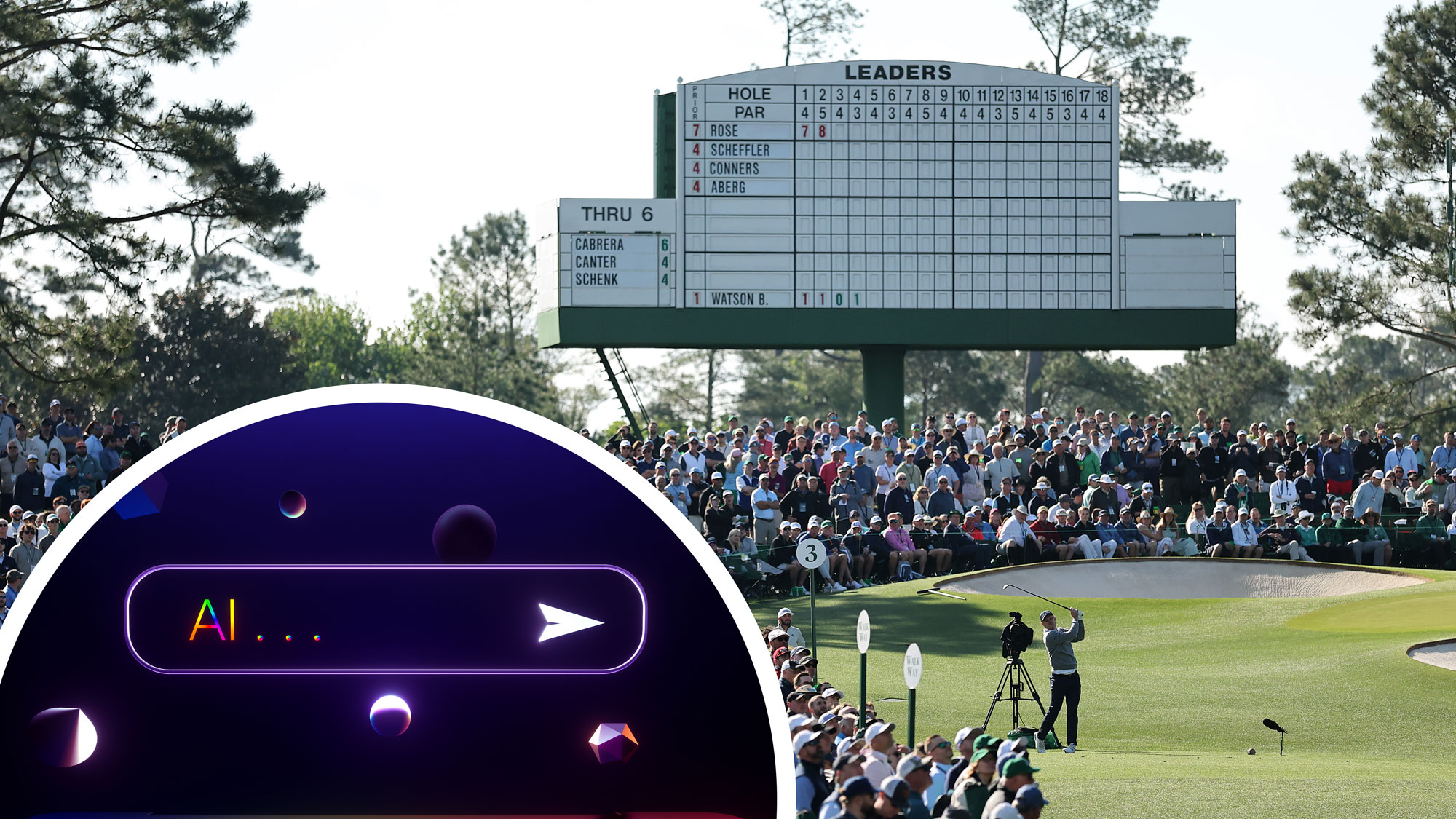 I Asked AI To Predict The Top-10 Finishers At The Masters...
I Asked AI To Predict The Top-10 Finishers At The Masters...AI has already helped me to pick the outright winner of The Masters, so I decided to task it with finding some top-10 finish picks in time for the weekend...
By Barry Plummer Published